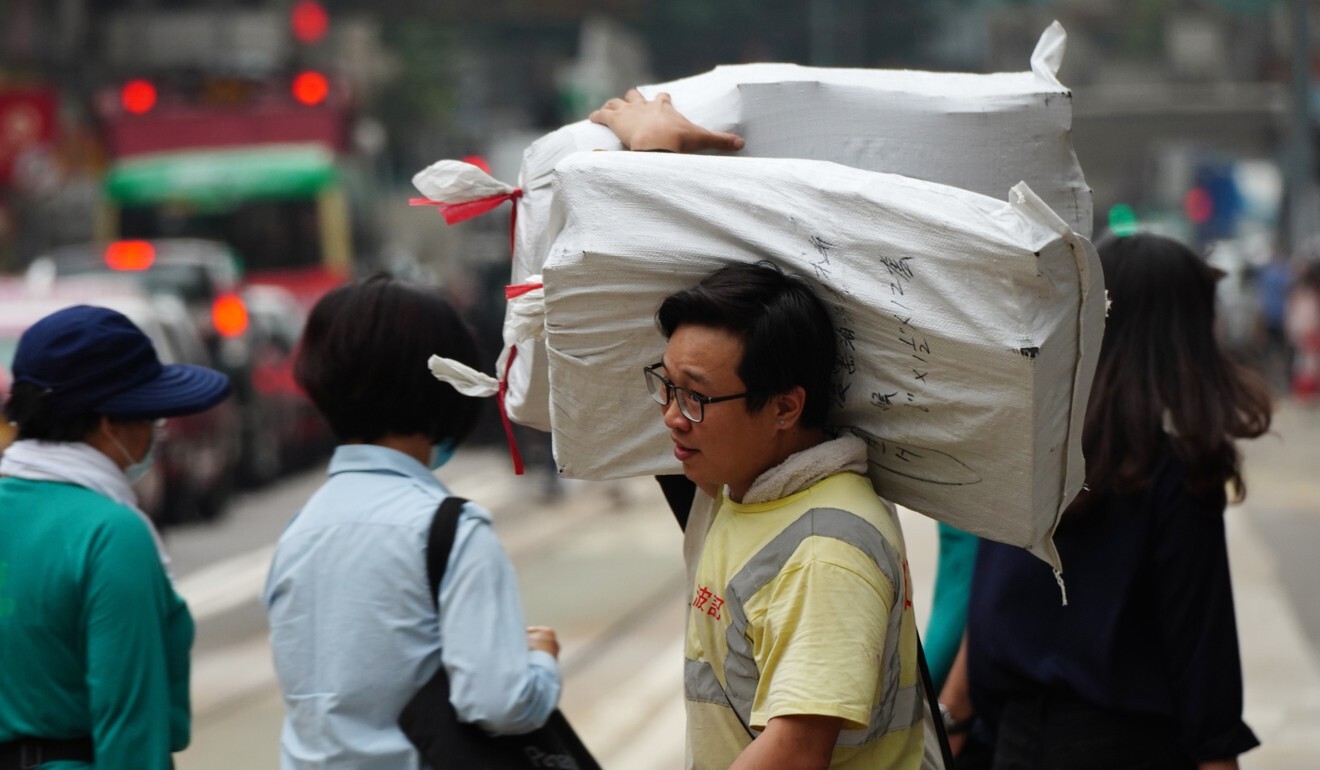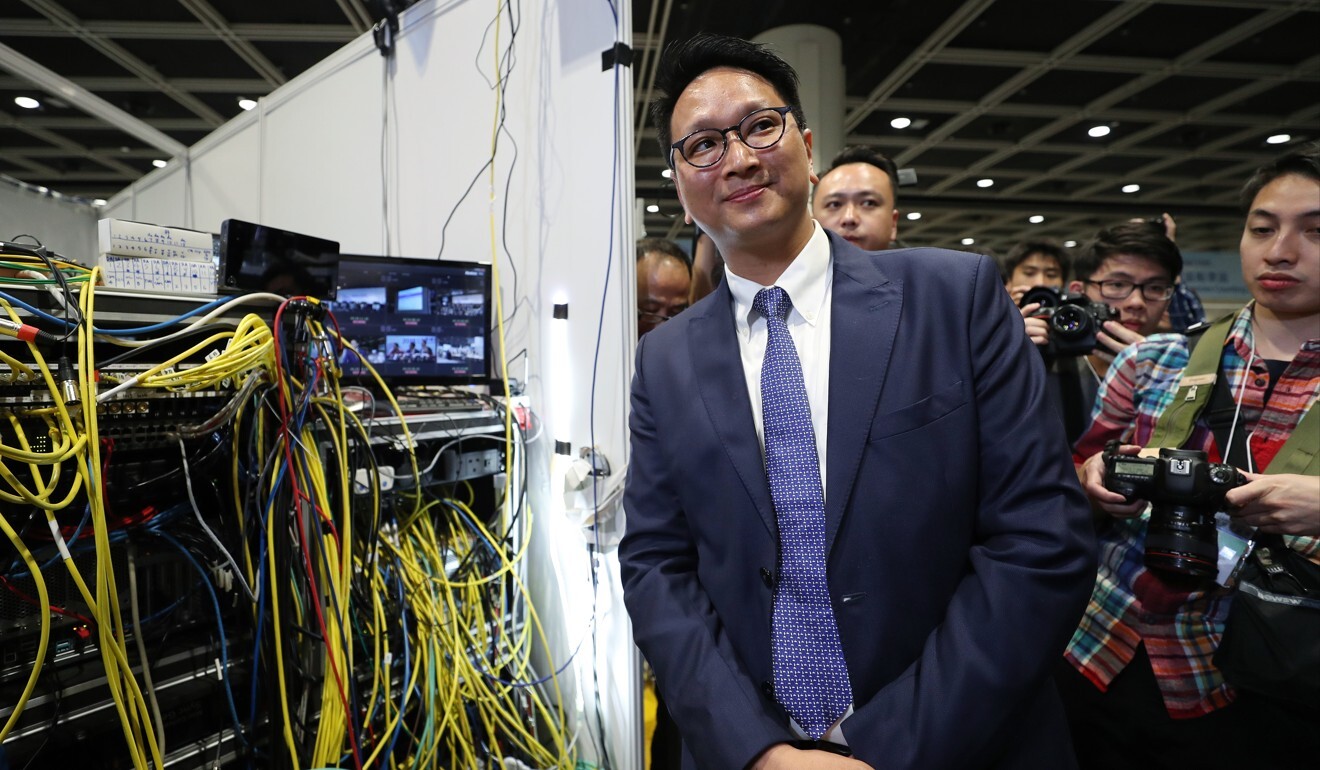
Raising Hong Kong statutory holidays from 12 to 17 each year to take a decade, as first details of government proposal emerge
- Labour Advisory Board tackles issue for first time, with employee reps saying 10 years too long, even as some business leaders think extra days unjustified
- Under the government’s plan, one additional holiday would be added every two years, beginning with Buddha’s Birthday in 2022

About 1 million Hongkongers who now get 12 statutory holidays a year will need to wait another decade before enjoying the 17 their white-collar counterparts have long taken for granted, under a government proposal discussed by the Labour Advisory Board on Wednesday.
Board members representing both employers and employees failed to reach a consensus on the plan, which would gradually add holidays through 2030, with business leaders noting the government had conceded a drawn-out process was necessary due to a business climate slammed by Covid-19.
The prospective timeline was among the new details revealed about the initiative first touted by Chief Executive Carrie Lam Cheng Yuet-ngor in January, one of 10 measures she introduced aimed at improving livelihood issues.

Employee representative Bill Tang Ka-piu on Wednesday revealed city officials had proposed the first addition to the statutory holiday schedule come on Buddha’s Birthday in 2022. They would then add an extra holiday every two years, focusing on Boxing Day and the three days of the Easter holiday.
But Tang, who said it was hoped the move could be accomplished via a legislative amendment, argued that a decade was too long to wait.
“The pace to gradually raise the number of holidays shouldn’t be this slow. It has to involve three government terms? The airport was built in seven years. Using 10 years to add five holidays would be a joke,” he said.
During the epidemic, the global economy [was affected], and if there were to be a sudden increase in the number of holidays … it would definitely bring negative effects to employers
The city has 17 public holidays, but only 12 are statutory, meaning employers can choose whether to give their staff the day off on the other five, a situation under which only white-collar workers tend to benefit.
Tang suggested the government first raise the number of holidays for its own outsourced workers from 12 to 17 to serve as a role model for private sector employers and show it could be done without difficulty.
Chau Siu-chung, also representing workers, said even if the government was correct that an extra worker would need to be hired to fill in for employees getting an extra day off, the labour cost would increase by just 0.07 per cent for each additional holiday.
But another board member Jimmy Kwok Chun-wah, who spoke on behalf of the bosses, said the government had explained – correctly – why it would take 10 years to implement the adjustment.

“During the epidemic, the global economy [was affected], and if there were to be a sudden increase in the number of holidays or a boost in labour benefits now, it would definitely bring negative effects to employers in terms of their business operating environment,” Kwok said.
He said adding the holidays over a longer period could help employers and employees adjust to the change.
Kwok also expressed concerns about the challenge of finding other workers to fill in for employees getting new days off.
“Now, we have no problem. But in the future, when the economy is good and we have to welcome some 43 million tourists, do we have that many workers to do the replacement work?” he said.
Business representative Irons Sze, meanwhile, said more justification was needed for the policy change, point out that the proposal would cover the city’s 370,000 domestic helpers, and their employers might have to find a substitute on holidays if they did not want to do the jobs themselves.
A government spokesman on Wednesday night said it would convene another board meeting shortly to discuss the proposal further.
It said it would then consult the Legislative Council, and, depending on the outcome of deliberations, work towards introducing the legislation within 2021.